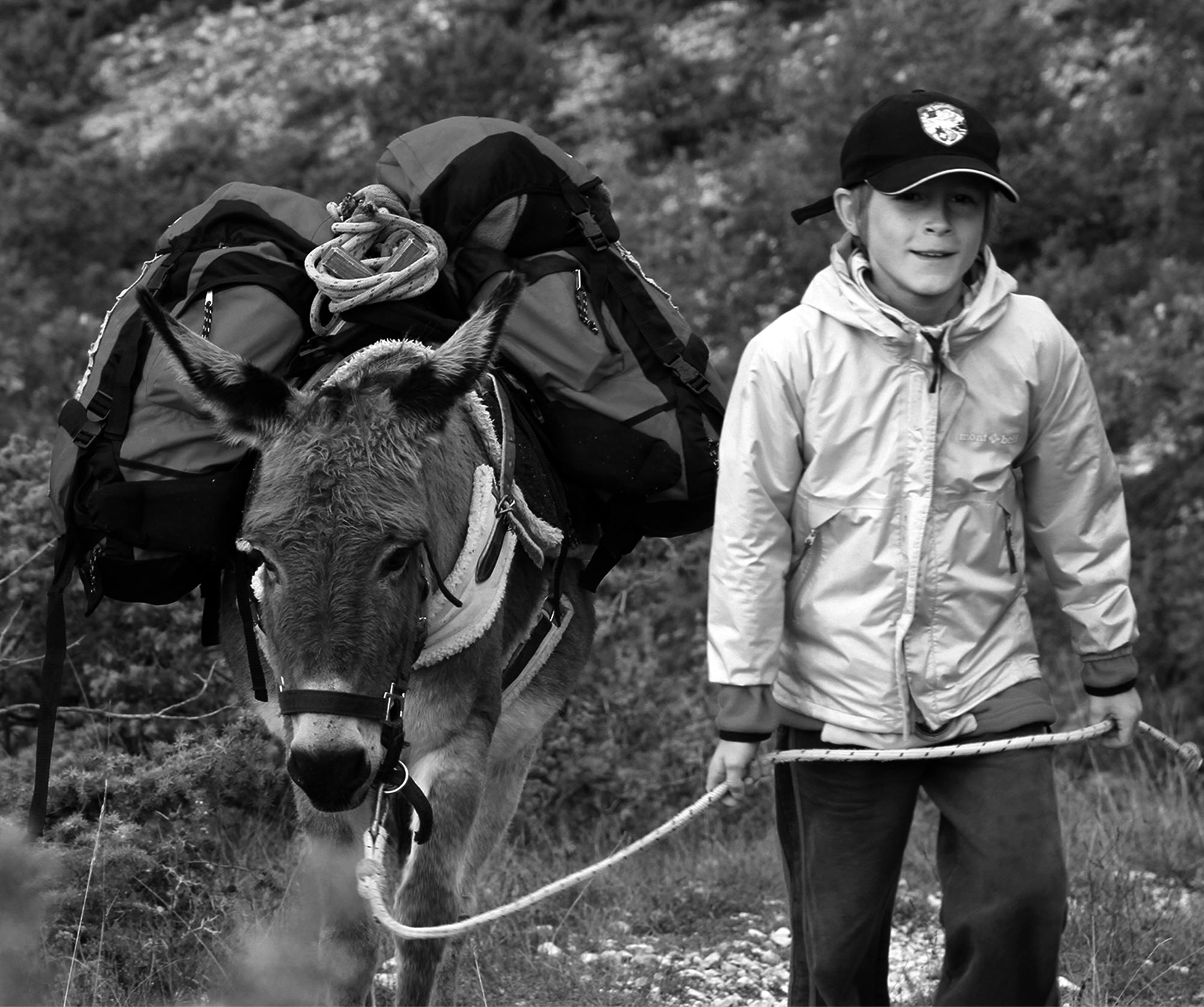
ReNatour - sustainable travel since 1994
ReNatour was founded in Nuremberg in 1994 by Roland and Sybille Streicher. The company offers environmentally and socially responsible travel and accommodation in Europe. From the very beginning, ReNatour has been involved in associations and initiatives for the topic of "sustainable travel". The tour operator invests in renewable energy generation and supports local environmental and social projects, is also CSR-certified and employs 10 people.

Roland Streicher studied business administration and founded the environmentally oriented tour operator ReNatour in 1994. From 1993 to 1999 he worked as a freelancer for the magazine Verständig Reisen. In 1998 he created the business association for sustainable tourism forumandersreisen eV with eleven other tour operators.

1. WHAT was or is your motivation behind "renatour"?
I love the nature. A good 30 years ago I started working in tourism during my studies and I experienced for myself how destructive, but above all how enriching, travel can be. Man will always want to travel. In order for the impact on our environment to remain justifiable, it is important to rethink the way we travel, how we vacation. With ReNatour we offer concrete environmentally and socially compatible alternatives to classic package tourism. These are not only trips for a better conscience, but they are also more fun and offer more relaxation!
2. What do you advise our readers: What can you do specifically for a better future?
The further away, the longer stay. When traveling, around 80% of the emissions, i.e. the impact on our climate, are caused by the arrival and departure. This makes it clear that vacationing nearby is per se more environmentally friendly than vacationing far away. Nevertheless, long-distance travel should of course still be possible. But she must remain special. If I decide to fly far away, the stay there should be correspondingly long.
Do I really need a pool if I'm on vacation by the sea? Does the rental car have to be in front of the hotel or is there a well-developed public transport system? Does it have to be all inclusive or isn't eating in local restaurants even more exciting, authentic and healthier? These are examples of questions to ask when planning a trip. Often, out of habit, we book things that are not necessary. Less is usually more. More impressions, more environmental protection and often you even save money.
3. How do travel and sustainability go together for you?
That fits together perfectly. When traveling, it is important to keep an eye on the three pillars of sustainability: ecology, social aspects and the economy. With more consideration for the environment and people, the holiday becomes more valuable. It's clearly more fun to lie on a clean beach than between piles of rubbish. This is usually only possible today if there is a functioning garbage concept in the region, which is implemented by committed locals and responsible guests. Or an example from the social area: I definitely feel more comfortable in a hotel when I see that the employees are doing well. This, in turn, has a lot to do with fair wages for workers. Traveling is predestined to put sustainability into practice.



Cecile Meier
Cécile is a freelance author and sustainability strategist. She enjoys traveling to the fullest: getting to know different cultures, listening to other languages and discovering new things either by the sea or in a (big) city always fascinates her. The stories and intentions of the Good Travel hosts are particularly important to her.






COMMENT